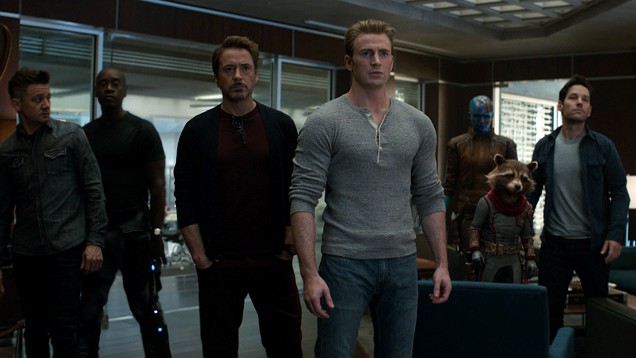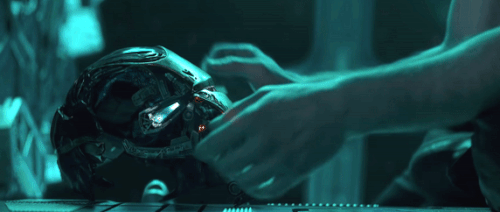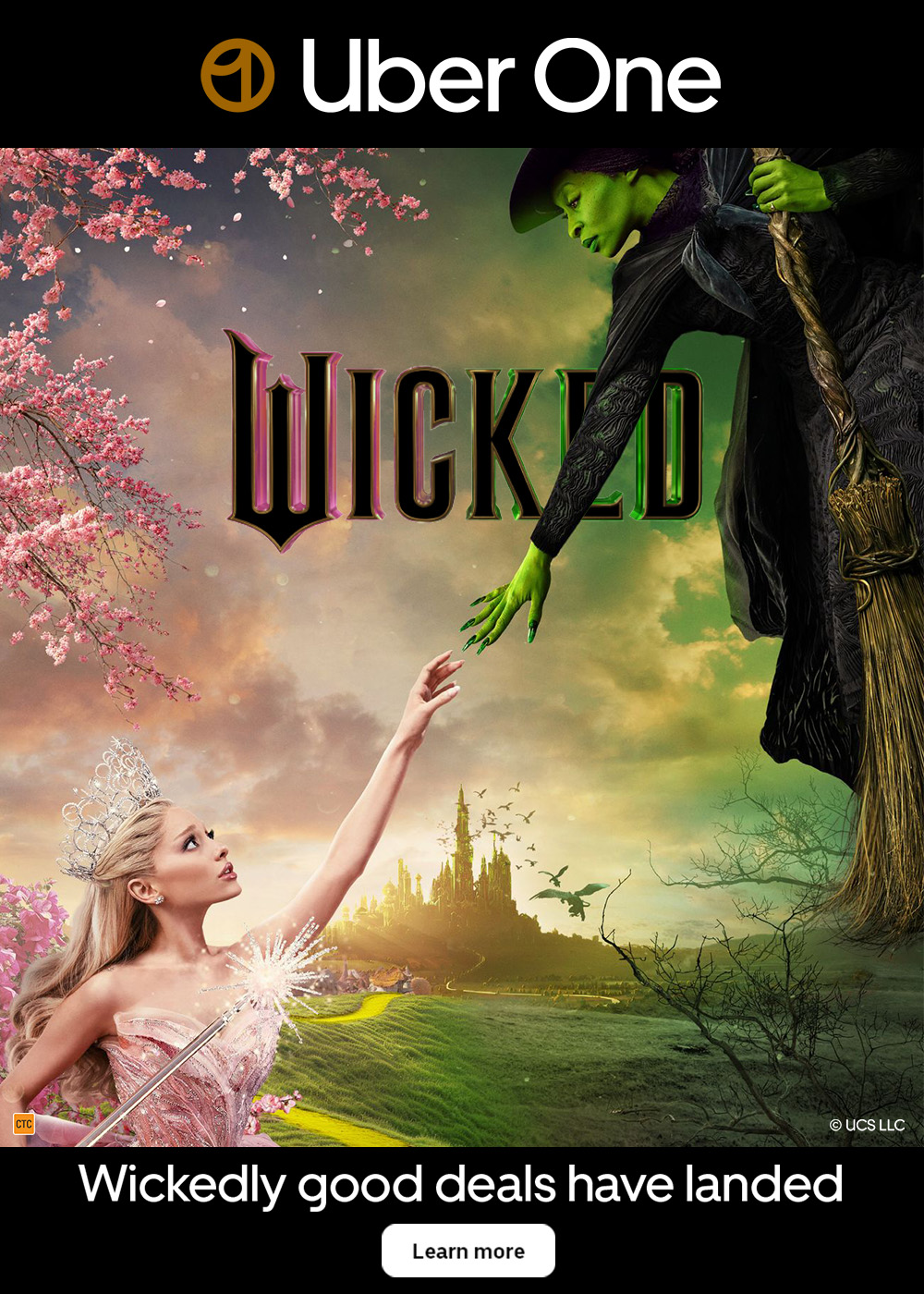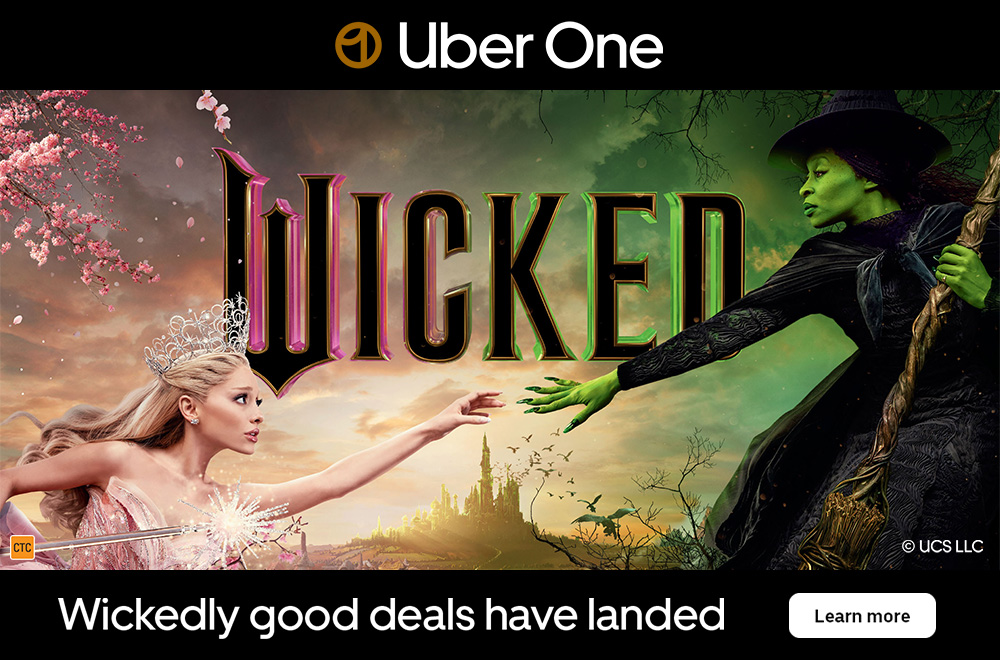Avengers: Endgame is a mostly worthwhile epic that will satisfy fans

After more than a decade of blockbusters, the current incarnation of the Marvel Cinematic Universe concludes with an epic that encompasses much, most of it worthwhile. It’s not unexpected, but it’s effective for fans, writes critic Craig Mathieson.
“I am inevitable,” declares Thanos (Josh Brolin), the ultimate galactic villain motivated by extreme ideas on population control, during Avengers: Endgame. The block-jawed giant could also be speaking for endings – after 11 years and 22 movies, Marvel’s superhero realm finally experiences a genuine finale, with this climactic summation of nearly everything you ever loved or loathed about these interwoven franchises. By sheer weight of storytelling there’s an emotional weight to the final three hours, but as with television’s equivalent, the also concluding Game of Thrones, for every elegant gesture there’s an ungainly gambit.
Maximal as ever, Endgame stays true to the Avengers ethos by being more than one film. It’s a study of grief, which is understandable given that a year ago Infinity War climaxed with an all-powerful Thanos snapping his fingers and turning half the life in universe to dust. But it’s also an appreciation of sacrifice, an acknowledgment of how the past traces the present, and a heist film. If that list appears to be growing ever more unlikely, wait until you get to the extended riff on The Dude from The Big Lewbowski featuring Thor (Chris Hemsworth). Ultimately it’s an act of affirmation – we knew what we were doing all along, insist the overseers; I’m not sure a movie where haircuts are a shortcut to character development can sustain that claim.
On a grim, barely functioning Earth those gone are known as “The Vanished”, but the abyss left in their place allows for some of the most measured direction sibling filmmakers Anthony and Joe Russo – who a decade ago were no-one’s idea of comic book adaptors – have yet provided. Beginning with a grimly effective cold open, the first half hour has probing close-ups and moments of bleak contemplation. There might be an entire film in such casual takers of lives (albeit deserving baddies) having to contemplate mortality’s cruelness, but the early scenes here are at least an emotional tonic for the shifting of gears that follows it.

Connoisseurs of online theories – hello to my 13-year-old son – will have a grip on how the film plays out. The most interesting idea is it moves not only through the past, but the actions of earlier Marvel movies, adding to existing scenes or looking on them with a curious eye. Messing with time’s stream is never less than confusing for an already engorged narrative, which might be why so many of the characters do what they do best: Ant-Man (Paul Rudd) is a doofus, Captain America (Chris Evans) nobly supports others, and Captain Marvel (Brie Larson) is the universe’s alpha female. The only performance that truly adds to a character’s existing fabric is Karen Gillan’s deeply held portrayal of Nebula, the adopted daughter of Thanos and a trauma survivor who must confront her zealous past.
The bigger the battle the less inspiring the images are. The Avengers movies have always traded on their collective heroes assembling, an act of arrival and defiance that is never quite matched by what they do next. This edition has several formations, including one that recasts Marvel’s big boys club, but they’re also the closest these movies come to genuine wonder, speaking clearly to the thrill of translating a comic book’s vibrant double page thread. Nonetheless, there are a lot of second chances attached to this full stop, and as has usually been the case they’re solidly sold. The writing captures individual voices far better than Infinity War did, and the ending is conclusive. Of course it’s drawn out, in the service of such a sizable cast and the need to squeeze out pathos, but that too was probably inevitable.

















